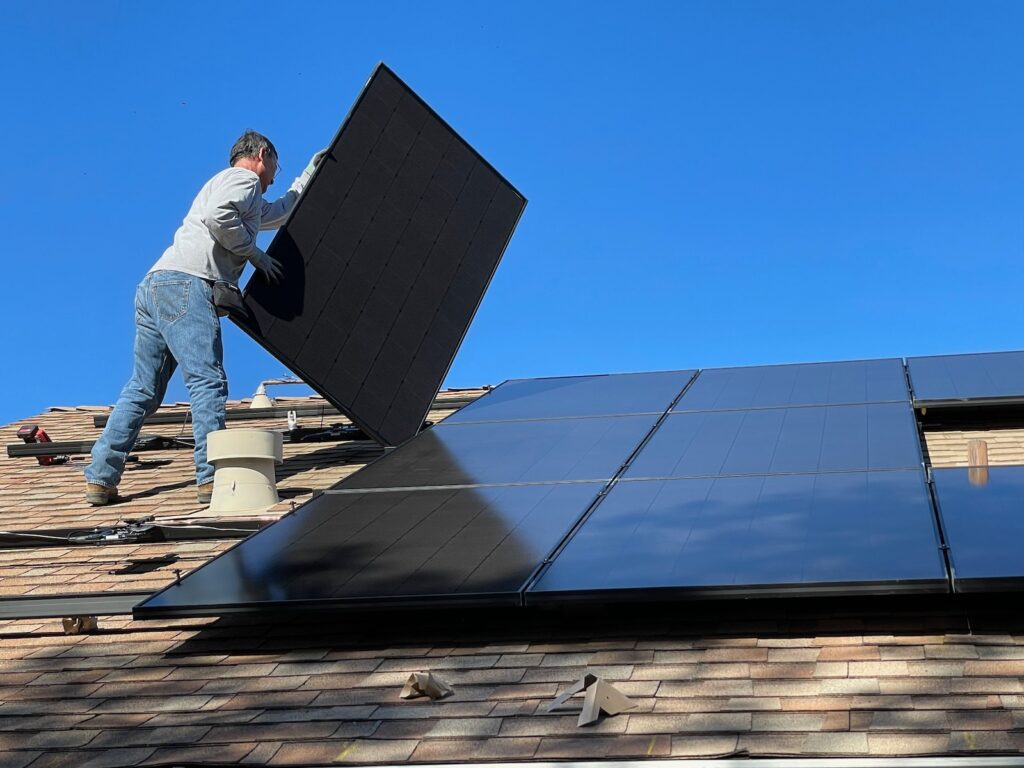Results of four-year European project to test technology presented at City Hall, highlighting need for more fuelling stations
Hydrogen fuel cell vehicles came under the spotlight in London this week (October 6), highlighting the need for refuelling infrastructure throughout the UK to support increased take-up of the zero-emission technology.
TfL Hyundai hydrogen vehicles at the Heathrow refuelling stationAs it is a relatively new technology, take up of hydrogen powered vehicles has so far been slow and there are currently only four publically accessible hydrogen refuelling stations in the whole of the UK — two in London, one in Swindon and another in Sheffield.
In 12 months’ time it is hoped that this number will rise to 13 stations nationally — including one in South Wales and two in Aberdeen, as well as a ‘clustering approach’ that will see a total of seven in London — assisted through the government and industry-run H2 Mobility Project.
But, at City Hall on Tuesday, the Hydrogen Transport in European Cities (HyTEC) consortium — which includes London among several other cities on the continent — presented the results from its four year initiative to develop demonstration projects for hydrogen fuel cell vehicles, highlighting the need for more infrastructure to support vehicle take-up.
Speaking at the event, assistant director for environment at the Greater London Authority, Patrick Feehily, commented that it was “a good time to be talking about hydrogen vehicles given the Volkswagen scandal”.
He added that “hopefully it [the VW situation] will lead to positive outcome in terms of acceleration in the uptake of hydrogen vehicles”, and called for support of innovation and collaborative working to bring down the costs of hydrogen infrastructure.
Hydrogen vehicles, Mr Feehily explained, offer “an important way” of dealing with air quality issues in the capital, where 63% of nitrogen oxide emissions come from transport while the population is set to surpass 11 million by 2050.
But while speakers at the event presented positive results and feedback from trials of the vehicles in London, Oslo and Copenhagen, the negative feedback they highlighted often related to the current lack of places to refuel the vehicles.
London
The London project saw two Hyundai 1×35 hydrogen fuel cell vehicles trialled by operational management teams as part of Transport for London’s (TfL) 1,300-strong fleet, as well as the deployment of the UK’s first standalone hydrogen fuelling station at Heathrow Airport in 2012
Presenting some of the findings, TfL’s investigations officer Simon Scarfe explained that the Hyundai cars were used to check bus diversion routes and carry out meetings, reporting that there are “a lot of positives” with the technology and that the users “like the vehicles”.
However, he said that the “range is maybe an issue when you don’t have as many fuelling stations” and suggested that “there needs to be an increase in the number of refuelling stations in London”.
The focus for future hydrogen infrastructure, Mr Scarfe said, would be South London, where there are more bus routes as 80% of the London Underground tube network is based north of the River Thames.
Dennis Hayter of Intelligent Energy presented results of the black cab trial at the City Hall eventThe current lack of refuelling stations was also highlighted by Dennis Hayter, group business development director at Intelligent Energy, although overall he too presented positive results from an additional London trial of five fuel cell hybrid taxis.
The hydrogen black cabs were funded by HyTEC and used during the London 2012 Olympics to transport visiting dignitaries as well as VIPs such as Rupert Murdoch, Barbara Windsor and Arnold Schwarzenegger.
Hydrogen taxis presented particular issues which needed exploring, he said, as they are “relatively unique vehicles” and “need to be able to operate at 20mph for long periods but equally need to drive at the limit of 70mph” throughout the day.
HyTEC
Co-funded by transport companies and the European Commission’s Fuel Cell Hydrogen Joint Undertaking, HyTEC aims to explore how hydrogen vehicle infrastructure can be rolled out across Europe and produced a ‘best practice guide’ for cities seeking to adopt the technology, which was also available at City Hall this week.
Commenting on the event, Deputy Mayor for environment and energy, Matthew Pencharz, described the project findings as “a huge step forward for a newly developing industry that will have a massive impact on reducing carbon emissions and improving air quality through switching to a cleaner alternative for transport. HyTEC has now given us tangible results on how infrastructure needs to be developed in tandem with the promotion of hydrogen cars.”








As an advocate of Hydrogen Fuel Cell for many years, the excruciatingly slow progress being made by the EU, UK Government and the GLA is testament to the power and influence of oil and energy companies, aided and abetted by senior civil servant lethargy. With battery and PV technology having developed at a rapid pace, the “New Hybrid” should be fuel cell + car roofs covered in PV cells + lighter, durable, fast charging batteries. The tech is advanced but the instigation lags behind and in view of air quality infringement, this is inexcusable. The UK government needs to be much lighter on its feet to adapt its policies rapidly. Plug in cars are only a short term answer. What is needed is a decentralised right for people to produce their own sustainable clean energy. Scale always reduces costs significantly.